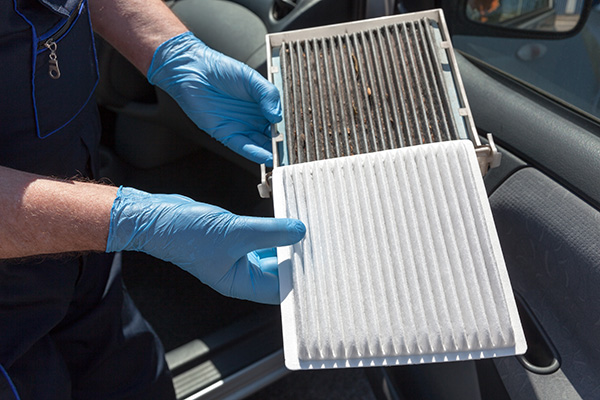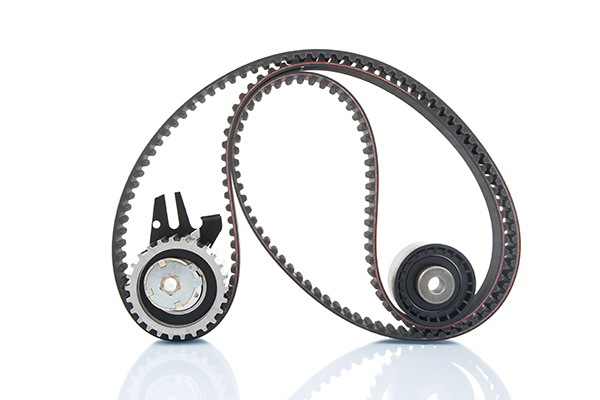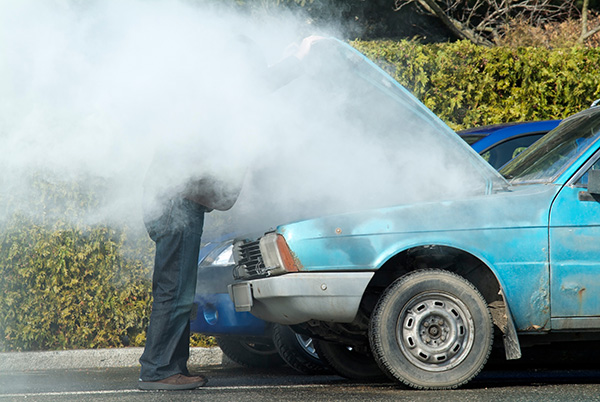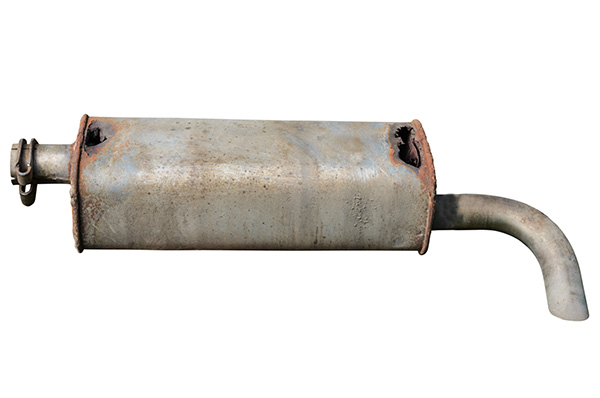Posted on 2/28/2025

Most drivers pay close attention to oil changes, tire rotations, and brake checks, but what about the cabin air filter? This small component plays a major role in the quality of air inside your car. Over time, it collects dust, pollen, and other contaminants, ensuring that you breathe cleaner air while driving. But like any filter, it doesn’t last forever. So, how often should you replace your car’s cabin air filter, and what happens if you don’t? What Does the Cabin Air Filter Do The cabin air filter is responsible for filtering the air that enters your vehicle’s interior through the heating, ventilation, and air conditioning (HVAC) system. Its primary job is to trap airborne particles such as dust, pollen, mold spores, and even exhaust fumes before they circulate inside your car. A clean filter improves air quality, reduces allergens, and even helps maintain the efficiency of your HVAC system. However, when the filter becomes clogged with d ... read more
Posted on 1/31/2025

Mercedes-Benz is synonymous with luxury, performance, and cutting-edge technology. However, even the most high-end vehicles aren’t immune to issues over time. Whether you’re a proud Mercedes owner or are considering purchasing one, understanding potential problems can save you time and frustration down the road. 1. Electrical System Failures Modern Mercedes vehicles are packed with advanced electronic features, from infotainment systems to safety tech. Unfortunately, these complex systems can sometimes be prone to malfunctions. Drivers may encounter issues like dimming or flickering dashboard lights, faulty power windows, or a malfunctioning central command unit. Often, the root cause is a failing battery, worn-out fuses, or faulty wiring. Regular inspections can catch electrical problems early before they spiral into costly repairs. 2. Transmission Troubles Mercedes-Benz vehicles, especially those equipped with automatic transmissions ... read more
Posted on 12/20/2024

Your car’s timing belt is certainly one of the most important parts of your car's engine. This often-overlooked component is keeping your engine’s valves and pistons moving in perfect sync. Neglecting it can lead to serious and costly problems. So, why should you replace your timing belt, and what happens if you don’t? What Does the Timing Belt Do The timing belt acts as a synchronizer, ensuring your engine’s camshaft and crankshaft turn at the right speeds. This coordination allows the engine’s valves to open and close at just the right moments during the combustion process. If the timing is off, even by a fraction, the engine’s performance can suffer—or worse, the internal components can collide, leading to catastrophic damage. In some engines, timing belts also power other components, like the water pump. This dual role means that a failing belt doesn’t just affect your engine’s timing. It can also impact ... read more
Posted on 11/29/2024

Nothing is quite as alarming as seeing that temperature gauge spike into the red zone while you're driving. Car overheating is a serious issue that can leave you stranded on the side of the road or facing hefty repair bills. But why does it happen, and what can you do about it? We'll share the common reasons behind this problem and how you can prevent it. What Happens When Your Car Overheats Before we tackle why your car overheats, it's important to understand what overheating means. Your car's engine operates at a high temperature and relies on a cooling system to keep everything in check. When that system fails, temperatures can soar beyond safe levels, causing damage to various engine components. An overheating engine can lead to serious consequences, like a blown head gasket, warped cylinders, or even a complete engine failure. The longer you let it run hot, the more damage you're likely to face. That's why it's crucial to recognize t ... read more
Posted on 10/31/2024

Your vehicle’s exhaust system may not be something you think about daily, but it plays a crucial role in maintaining engine efficiency and reducing harmful emissions. When the exhaust system starts to fail, it can affect everything from your car’s performance to your safety on the road. But how do you know when something is going wrong with your exhaust? Strange Noises Coming From Your Exhaust One of the most common signs of an exhaust system problem is unusual noises. A properly functioning exhaust system helps keep the engine noise down, so you’ll notice the difference immediately when something goes wrong. Loud Rattling or Hissing Noises If you hear a rattling noise under the car, it could be a loose or broken part in the exhaust system, such as a heat shield or muffler. A hissing sound may indicate an exhaust leak, which can be caused by a cracked exhaust manifold or a hole in the exhaust pipe. Loud Roaring Sound ... read more